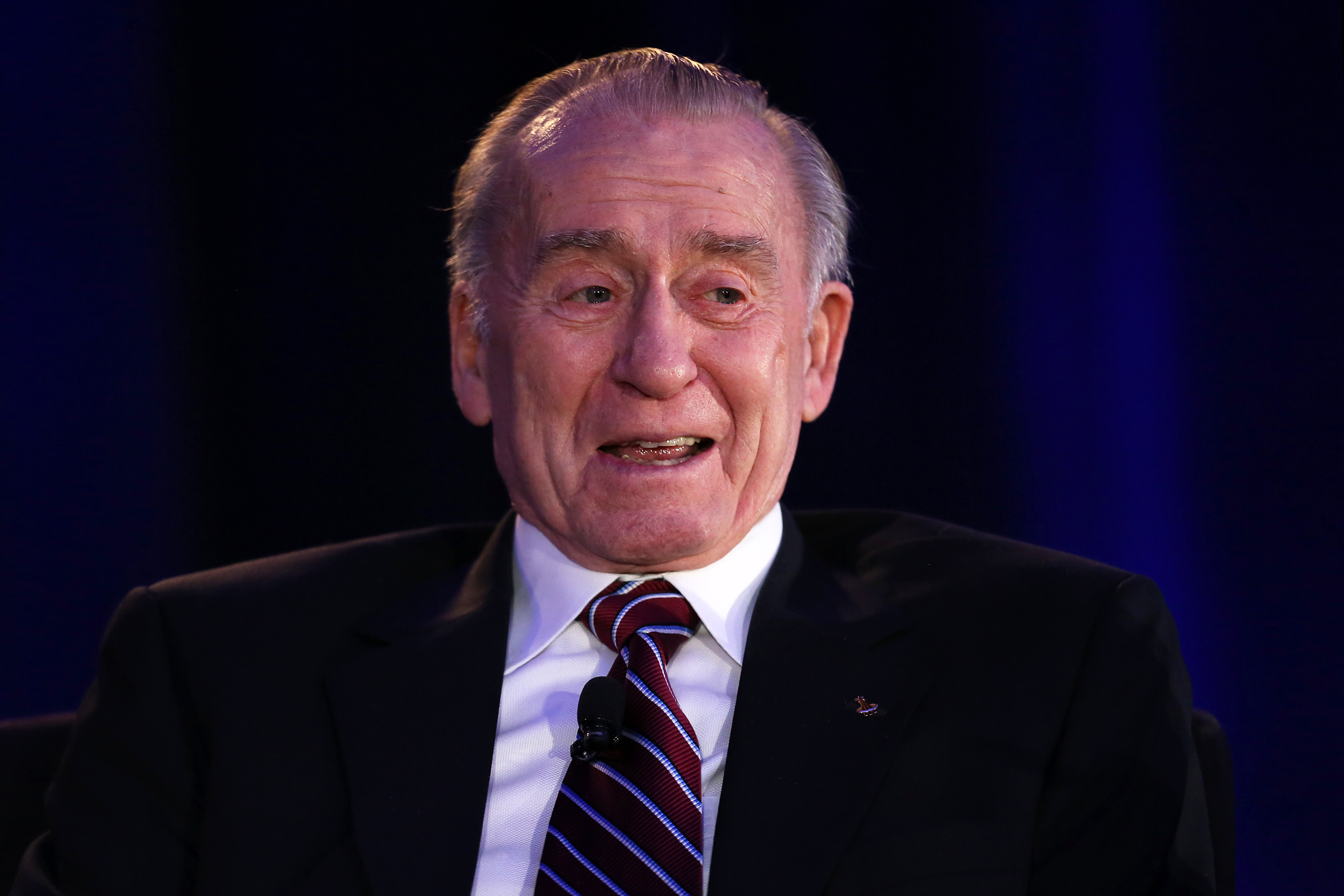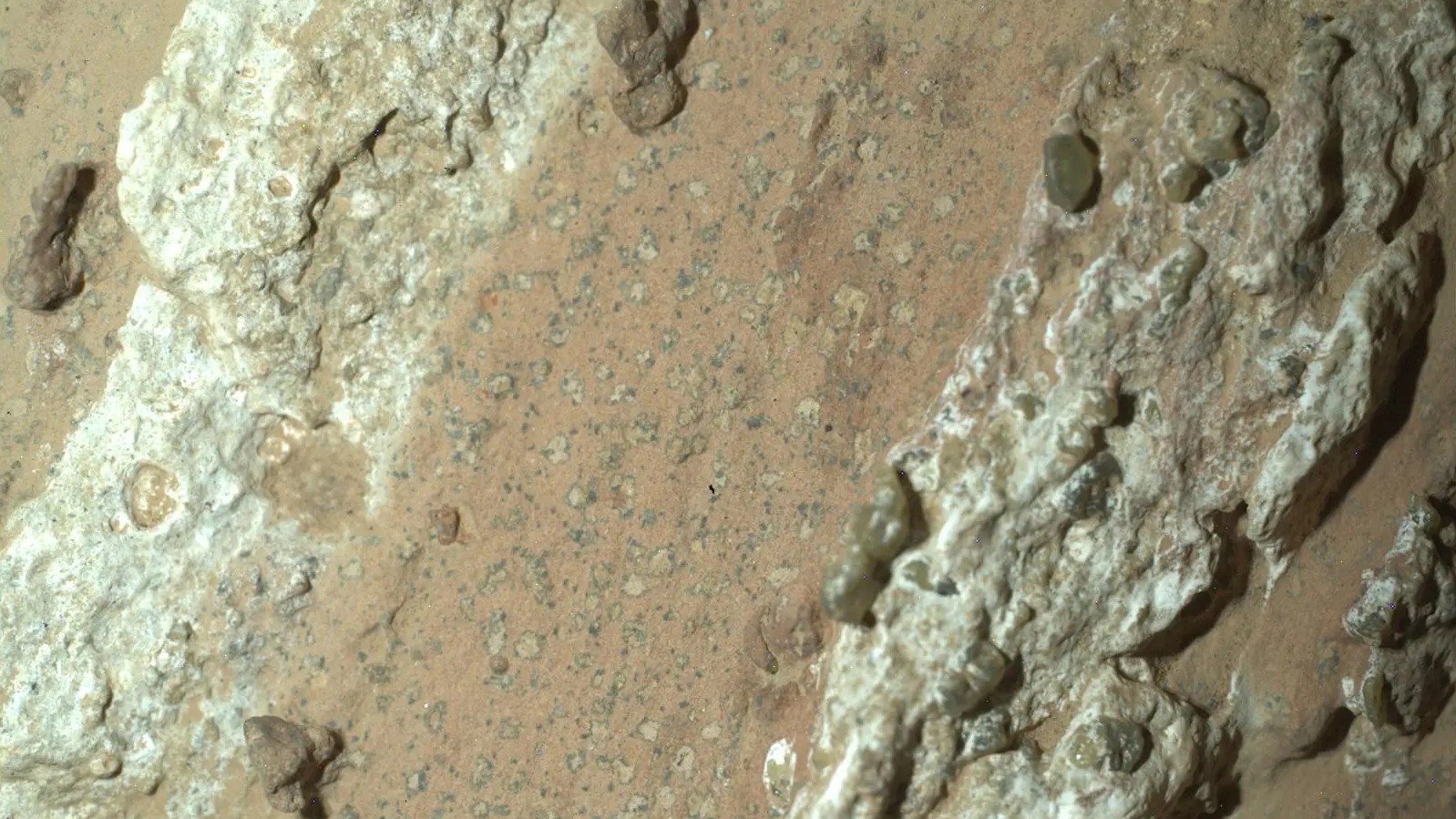Walter Cunningham, pilot of Apollo 7, dead at 90


A free daily email with the biggest news stories of the day – and the best features from TheWeek.com
You are now subscribed
Your newsletter sign-up was successful
Walter Cunningham, the last surviving astronaut from the first crewed mission of NASA's Apollo program, has died at the age of 90.
NASA confirmed Cunningham's death in a press release, saying that the former astronaut passed away early Tuesday morning in Houston. Cunningham's family further reiterated his passing in a statement to The Associated Press, saying he had "died in the hospital of natural causes."
"Walt Cunningham was a fighter pilot, physicist, and an entrepreneur – but, above all, he was an explorer," NASA Administrator Bill Nelson said. "NASA will always remember his contributions to our nation's space program and sends our condolences to the Cunningham family."
The Week
Escape your echo chamber. Get the facts behind the news, plus analysis from multiple perspectives.

Sign up for The Week's Free Newsletters
From our morning news briefing to a weekly Good News Newsletter, get the best of The Week delivered directly to your inbox.
From our morning news briefing to a weekly Good News Newsletter, get the best of The Week delivered directly to your inbox.
Cunningham's first — and only — journey into space came when he piloted Apollo 7 in 1968, which became the first manned spaceflight of the Apollo program.
While Apollo 7 remains one of the lesser-known missions of the era, the mission was instrumental in laying the groundwork for the first moon landing during Apollo 11, which would occur less than a year later. Cunningham's mission was also the resumption of NASA's human spaceflight efforts following the deaths of three astronauts during a launch test of Apollo 1 less than two years prior.
Born in Creston, Iowa in 1932, Cunningham would fly over 50 missions as a fighter pilot during the Korean War before NASA selected him as an astronaut in 1963. He was on the prime crew for the cancelled Apollo 2 and the backup crew for the ill-fated Apollo 1 before eventually being assigned to Apollo 7.
A free daily email with the biggest news stories of the day – and the best features from TheWeek.com
Justin Klawans has worked as a staff writer at The Week since 2022. He began his career covering local news before joining Newsweek as a breaking news reporter, where he wrote about politics, national and global affairs, business, crime, sports, film, television and other news. Justin has also freelanced for outlets including Collider and United Press International.
-
 The Week contest: AI bellyaching
The Week contest: AI bellyachingPuzzles and Quizzes
-
 Political cartoons for February 18
Political cartoons for February 18Cartoons Wednesday’s political cartoons include the DOW, human replacement, and more
-
 The best music tours to book in 2026
The best music tours to book in 2026The Week Recommends Must-see live shows to catch this year from Lily Allen to Florence + The Machine
-
 NASA’s lunar rocket is surrounded by safety concerns
NASA’s lunar rocket is surrounded by safety concernsThe Explainer The agency hopes to launch a new mission to the moon in the coming months
-
 Blue Origin launches Mars probes in NASA debut
Blue Origin launches Mars probes in NASA debutSpeed Read The New Glenn rocket is carrying small twin spacecraft toward Mars as part of NASA’s Escapade mission
-
 Dinosaurs were thriving before asteroid, study finds
Dinosaurs were thriving before asteroid, study findsSpeed Read The dinosaurs would not have gone extinct if not for the asteroid
-
 Africa could become the next frontier for space programs
Africa could become the next frontier for space programsThe Explainer China and the US are both working on space applications for Africa
-
 NASA reveals ‘clearest sign of life’ on Mars yet
NASA reveals ‘clearest sign of life’ on Mars yetSpeed Read The evidence came in the form of a rock sample collected on the planet
-
 SpaceX breaks Starship losing streak in 10th test
SpaceX breaks Starship losing streak in 10th testspeed read The Starship rocket's test flight was largely successful, deploying eight dummy satellites during its hour in space
-
 Rabbits with 'horns' sighted across Colorado
Rabbits with 'horns' sighted across Coloradospeed read These creatures are infected with the 'mostly harmless' Shope papilloma virus
-
 Why does the US want to put nuclear reactors on the moon?
Why does the US want to put nuclear reactors on the moon?Today's Big Question The plans come as NASA is facing significant budget cuts
